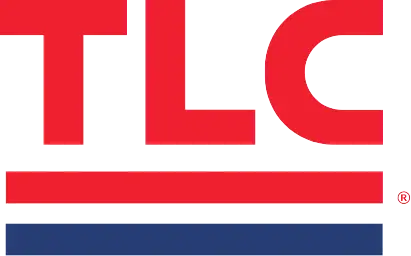Why Your New Mexico Home is Better with Soft Water
Hard water is a common reality in New Mexico. To avoid the corrosive and often grimy residue of hard water, homeowners invest in a water softener to “normalize” the water. But, what does that really mean? What does a water softener do and why do we need it?
This week, TLC Plumbing shows you why life is better with soft water and helps you identify the warning signs of an inefficient water softener.
Warning Signs of Hard Water
Hard water is defined as H2O that has a high mineral count. If you have hard water in your home, you will be able to notice right away. Signs of hard water include:
-
-
-
- Mineral deposit buildup on glassware (cloudy appearance)
- Change of texture in hair from showering, tangled or unmanageable
- Irritated skin
- Corroded faucet fixtures
- Hard to create a lather with soap
- More shower scum on glass doors
- Clean clothes feel stiffer and scratchy, look dull
-
-
With a variety of uncomfortable and unpleasant effects, it’s no wonder so many homeowners opt to soften their water. The problem is that water varies in its composition from home to home. At TLC Plumbing, we perform a free water analysis to determine the balance of magnesium, calcium, and other minerals in your hard water. Then, we help you find the best Kinetico water softening system based on your home’s size and water usage.
What is Water Softening, Anyway?
Sure, we know that soft water is better, but what does the water softener really do?
Kinetico water softeners from TLC Plumbing use a process known as ion exchange. The irritating minerals in hard water are ionically charged.
Just like magnets, ions have positive and negative charges. When you turn on your faucet, your water passes through your water softener, which contains the ions that are charged to attract hard water minerals. What happens next is the ions in your softener ditch the “soft” ions for the “hard” ions because they are more attractive. Soft water flows into your faucet while the softener holds on to the elements that create the hard water.
Water softeners use a resin bed to store these hard ions, which needs to be regenerated in order to maintain strong ion exchange. You can do this by adding an amount of salt, as recommended by your water treatment expert at TLC Plumbing.
Do I Need a New Softener?
The average lifespan of a water softener is 10-15 years, but if well-maintained, your Kinetico water softening system from TLC Plumbing can last up to 20 years. If you are unsure of the age of your water softener, an experienced technician can come out and diagnose the age of your softener. Signs of an inefficient water softener include:
-
-
- Inefficient appliances
- Noticeable change of skin texture
- Residual scum on surfaces
-
Using an inefficient softener can damage your home and even cause higher energy bills. As an exclusive Kinetico water softener retailer, TLC Plumbing can help you find a softening system that is energy efficient, affordable, and easy to maintain.
Schedule a Free Water Analysis
Worried about the content of your water? Contact TLC Plumbing and learn how you can make your home more comfortable with a water treatment system from Kinetico.

